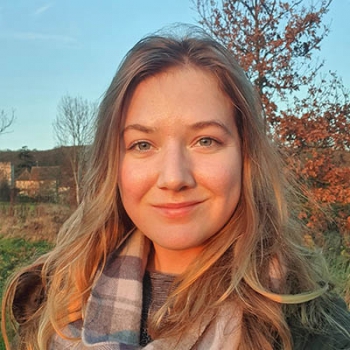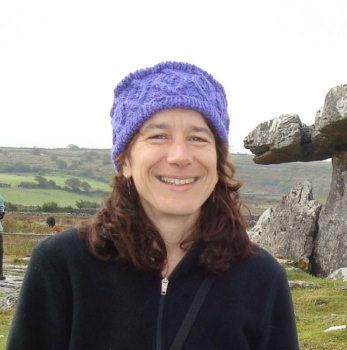Harnessing the power of digital tools for community engagement in rewilding

Dr Caitlin Hafferty
Social science researchers from the Leverhulme Centre for Nature Recovery (LCNR) are collaborating with Highlands Rewilding to explore innovative digital technologies for enhancing community engagement in rewilding.
Highlands Rewilding, which aims to both re-wild and re-people the Scottish Highlands through Nature-based Solutions, is working closely with the LCNR to improve its strategy for community engagement that fosters meaningful partnerships for landscape-scale nature recovery, and works closely with residents and groups to deliver local benefits. These efforts are inspired by the belief that local communities must be closely involved in nature recovery, and that collaboration is key for finding ways to bring social, economic, and environmental benefits. Highlands Rewilding aims to engage communities on their plans for their land, and in developing joint projects which can help deliver on community aspirations in harmony with their vision for long-term nature recovery.
To help bring multiple partners together across the landscapes, Highlands Rewilding and the LCNR have co-developed three digital community engagement platforms using software called Commonplace. The Commonplace team provides innovative digital solutions for creating positive change for thriving and resilient places, powered by data and collaboration between diverse groups.
The Highlands Rewilding community engagement platforms – which have been specifically designed for their three rewilding sites, Tayvallich, Bunloit, and Beldorney – have been launched this week. The sites currently include a survey, led by the Highlands Rewilding team, on community joint ventures. The LCNR team is launching its research in Summer 2024.
Dr Caitlin Hafferty, Postdoctoral Researcher in Environmental Social Science at the LCNR, said: “This project is an exciting opportunity to change how nature recovery is done to deliver multiple benefits for people, nature, and climate within a participatory governance framework. By using digital tools to bring multiple actors together across landscapes, we aim to investigate the balance between fostering meaningful engagement at the local level while considering broader goals and incentives.”
Dr Calum Brown, Co-chief Scientist at Highlands Rewilding, said “These new approaches are very promising for involving more people, more deeply, in nature restoration. Alongside other methods, digital tools for community engagement allow us to explore how we can conduct socio-economic baselining to feed into broader decision-making processes around nature-based solutions. We’re looking forward to really constructive, practical outcomes from this project.”
The team is exploring the potential of innovative digital tools for the collection, analysis, and integration of community priorities and socio-economic data in rewilding governance. Collaborating with Commonplace has provided an exciting opportunity to transparently share information about rewilding projects, consult members of the community on specific land-use decisions, bring together different actors across the landscape to foster meaningful collaboration, and explore different pathways towards promoting an ongoing culture of engagement. Specific tools include project information pages, public forums, surveys, digital participatory mapping, photo elicitation, and using mobile apps to supplement in-person methods like interviews and focus groups.


View the new Commonplace websites for Tayvallich, Bunloit, and Beldorney
This work is part of Highlands Rewilding’s Engagement Roadmap, which outlines their broader and ongoing strategy for engagement and community benefits from rewilding. The Roadmap is based on evidence-led guidance called the Recipe for Engagement (RfE), which was developed by the LCNR and Agile Initiative at the University of Oxford.






